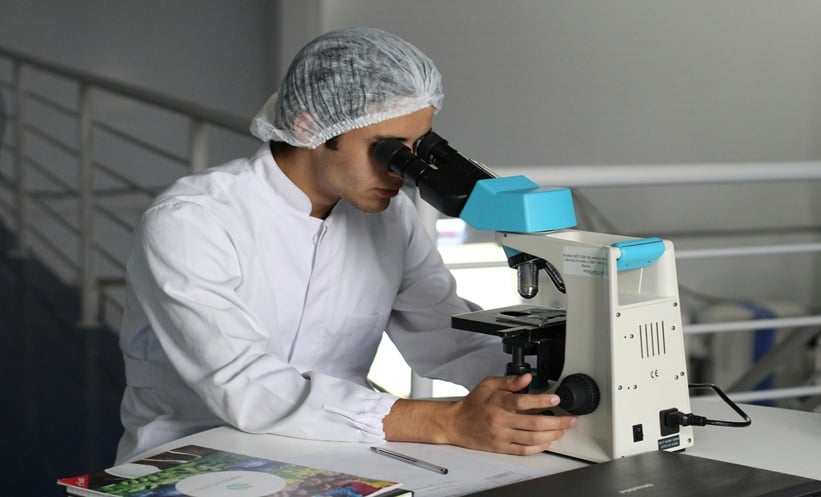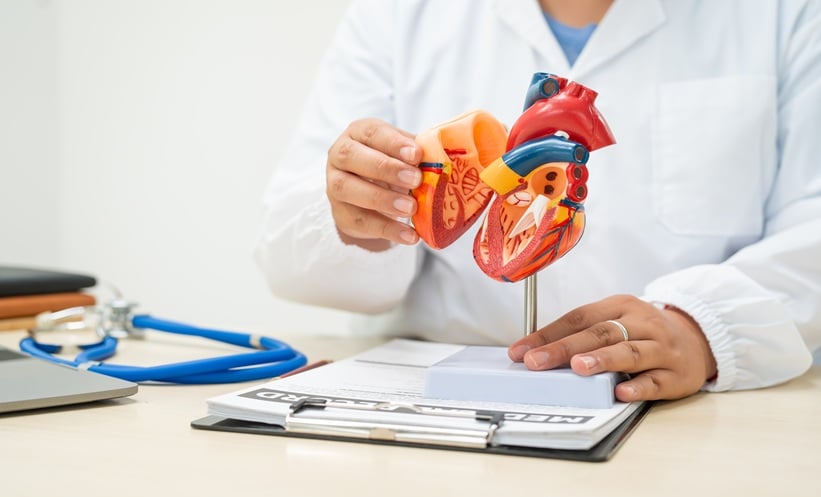A NEW study published in Scientific Reports reveals that COVID-19 can temporarily reduce sperm quality in men, though most recover within three to five months after infection. The research provides valuable insights into the short-term effects of SARS-CoV-2 on male reproductive health and offers reassurance about long-term recovery.
The investigation was conducted on male patients who had undergone sperm analysis before contracting COVID-19, allowing researchers to directly measure changes in sperm quality following infection. The study tracked participants over a six-month recovery period, collecting semen samples at five time points: before infection, and at 1, 2, 3, and 6 months after infection.
A total of 1,009 men underwent sperm analysis during widespread COVID-19 transmission between April 2022 and January 2023. From these, 139 patients were evaluated within the first month post-infection, with 74 ultimately meeting the study’s strict criteria of having both pre-infection data and at least three post-recovery analyses.
Gradual Improvement in Sperm Quality Seen Within Three to Five Months
The findings revealed that sperm concentration and progressive motility, key indicators of male fertility, declined significantly one month after infection. Average sperm concentration dropped to 39.22 million/mL, and motility decreased to 36.41%, both notably lower than pre-infection levels. Although gradual improvement was observed at two and three months, sperm quality had not fully returned to baseline even after six months.
Statistical modelling estimated median recovery times of around five months for sperm concentration and three months for progressive motility. Encouragingly, recovery timelines did not differ significantly across age groups, suggesting the effect was consistent among adult men.
No Psychological or Sexual Health Effects Detected
In addition to sperm parameters, researchers also examined participants’ psychological well-being, sexual function, and urinary symptoms within the first month after infection. These assessments showed no notable changes, indicating that while COVID-19 temporarily affected sperm quality, it did not appear to harm mental health or urogenital function in the short term.
The study provides one of the most detailed longitudinal assessments of post-COVID male reproductive health to date. While the infection temporarily reduces sperm quality, the findings suggest recovery occurs naturally over several months, offering reassurance to men concerned about fertility after COVID-19 infection.
Reference:
Zhao X et al. The sperm quality change in 6 months recovery from COVID-19: a retrospective observational study. Sci Rep. 2025;15:36713.








